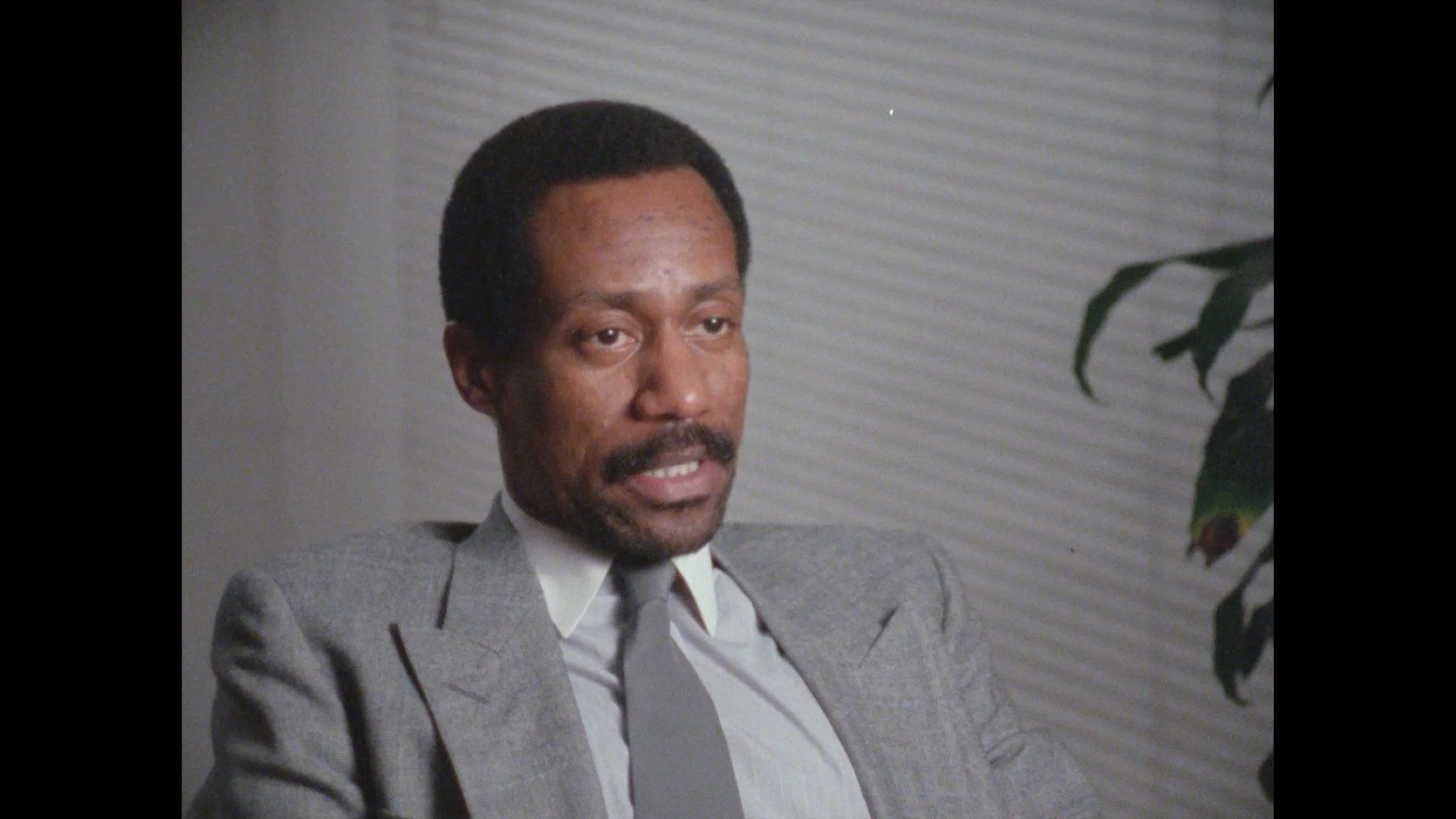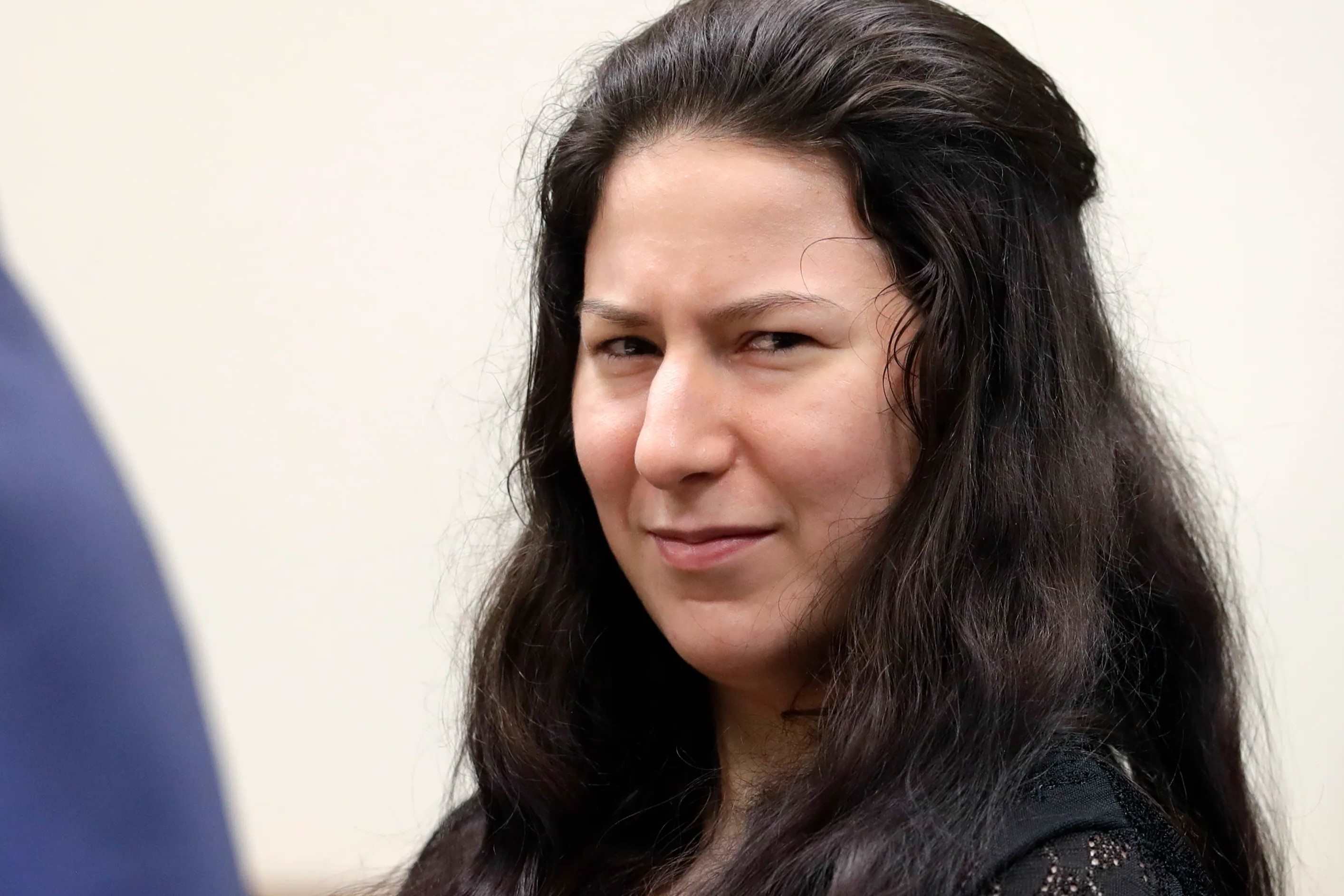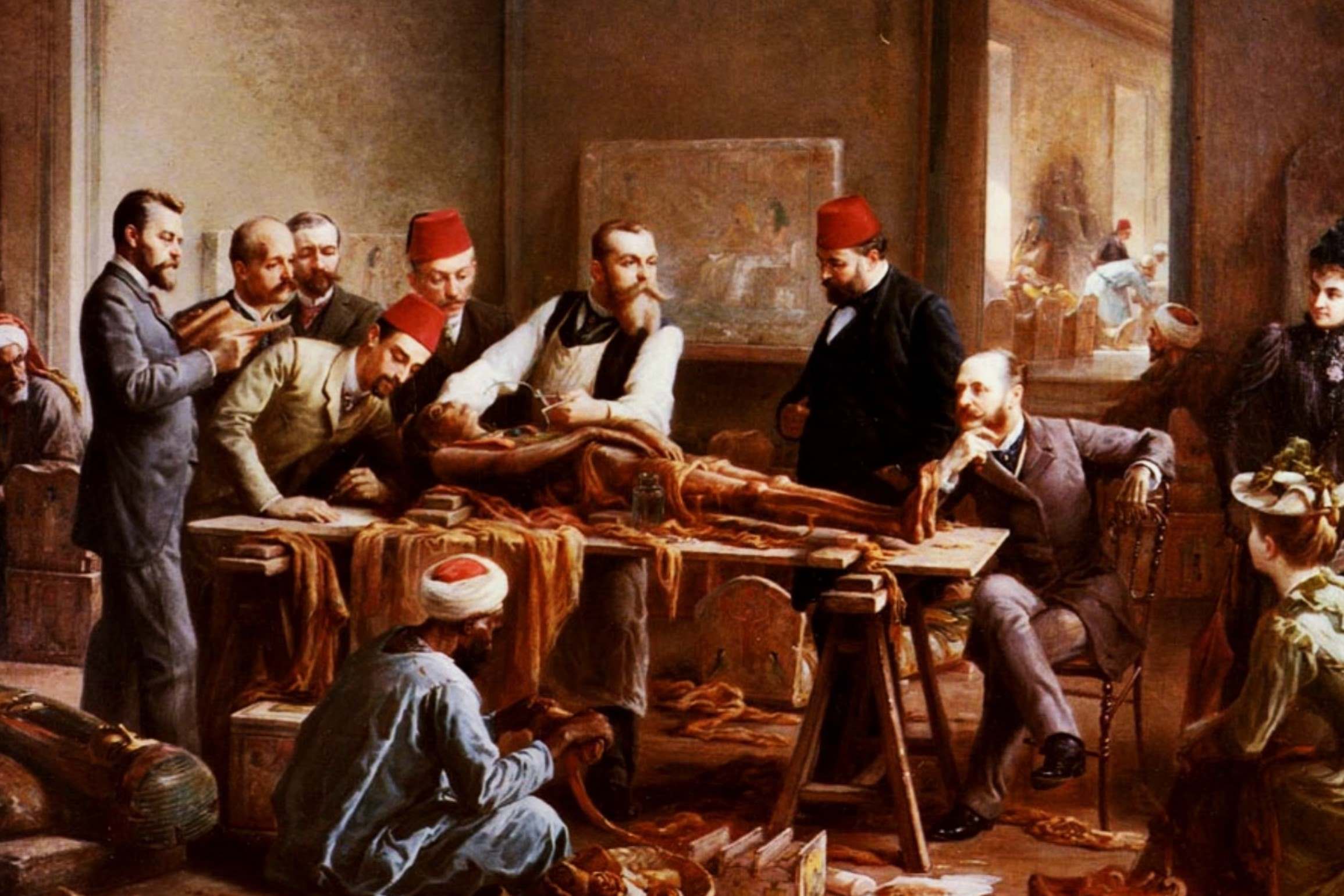
Who was William O'Neal? William O'Neal was a controversial figure in American history, known primarily for his role as an FBI informant within the Black Panther Party. Born in 1949, O'Neal infiltrated the Panthers in the late 1960s, providing crucial information that led to the assassination of Fred Hampton, a prominent Black Panther leader. His actions sparked debates about loyalty, betrayal, and the lengths to which government agencies would go to suppress political movements. O'Neal's life was marked by secrecy, manipulation, and a complex legacy that continues to provoke discussion. In this post, we'll delve into 35 intriguing facts about William O'Neal, shedding light on his life, motivations, and the impact of his actions on American history.
Key Takeaways:
- William O'Neal's life as an FBI informant and his role in the assassination of Fred Hampton had a significant impact on Black Panther history and sparked debates about loyalty and betrayal.
- O'Neal's story is a complex and tragic one, raising questions about the ethics of government informants and the consequences of his actions on history and culture.
Early Life of William O'Neal
William O'Neal's early years shaped his future actions and decisions. Here are some key facts about his beginnings.
- Born in 1949, William O'Neal grew up in Chicago, Illinois.
- His father passed away when he was young, leaving his mother to raise him and his siblings.
- O'Neal dropped out of high school, leading to a life on the streets.
- He was arrested multiple times for car theft and other petty crimes.
Involvement with the FBI
O'Neal's life took a dramatic turn when he became an informant for the FBI. This section covers his controversial role.
- In 1967, O'Neal was arrested for stealing a car and impersonating a federal officer.
- To avoid prosecution, he agreed to become an FBI informant.
- He was assigned to infiltrate the Black Panther Party in Chicago.
- O'Neal provided detailed information about the Panthers' activities and members.
Role in the Black Panther Party
O'Neal's infiltration of the Black Panther Party had significant consequences. Here are some facts about his role within the organization.
- He quickly gained the trust of key members, including Fred Hampton.
- O'Neal became the chief of security for the Chicago chapter of the Black Panther Party.
- He was responsible for setting up the security measures at the Panthers' headquarters.
- O'Neal provided the FBI with floor plans of Hampton's apartment.
The Assassination of Fred Hampton
One of the most tragic events linked to O'Neal's actions was the assassination of Fred Hampton. This section delves into that event.
- On December 4, 1969, the FBI and Chicago police raided Hampton's apartment.
- O'Neal had drugged Hampton the night before, making him unable to defend himself.
- The raid resulted in the deaths of Fred Hampton and Mark Clark.
- O'Neal's information was crucial in planning the raid.
Aftermath and Public Reaction
The aftermath of Hampton's assassination had a profound impact on O'Neal and the public. Here are some key points.
- The raid sparked outrage and protests across the country.
- O'Neal continued to work as an informant for several years.
- He received financial compensation from the FBI for his services.
- O'Neal's identity as an informant was eventually revealed in the 1970s.
Later Life and Legacy
O'Neal's later years were marked by a struggle with his past actions. This section covers his life after his role as an informant.
- He entered the federal witness protection program to avoid retaliation.
- O'Neal changed his name and tried to live a low-profile life.
- He struggled with guilt and depression over his role in Hampton's death.
- In 1984, he participated in a PBS documentary about the Black Panthers.
Death of William O'Neal
O'Neal's life ended tragically, reflecting the turmoil he experienced. Here are the facts about his death.
- On January 15, 1990, O'Neal died after being hit by a car on the Eisenhower Expressway in Chicago.
- His death was ruled a suicide, as he had previously attempted to take his own life.
- O'Neal's death occurred on Martin Luther King Jr. Day, adding to the tragedy.
Impact on History and Culture
O'Neal's actions left a lasting impact on history and culture. This section explores his legacy.
- His role in Hampton's assassination is a significant part of Black Panther history.
- O'Neal's story has been depicted in various films and documentaries.
- The 2021 film "Judas and the Black Messiah" brought renewed attention to his life.
- O'Neal's actions are often discussed in the context of government surveillance and infiltration of activist groups.
Controversies and Debates
O'Neal's life and actions continue to spark debates and controversies. Here are some key points of contention.
- Some view O'Neal as a traitor who betrayed the Black Panther Party.
- Others argue he was a victim of coercion by the FBI.
- His role raises questions about the ethics of government informants.
- O'Neal's story highlights the complexities of loyalty, betrayal, and survival.
Final Thoughts on William O'Neal
William O'Neal's life was a tangled web of deception, betrayal, and regret. His role as an FBI informant led to the tragic death of Fred Hampton, a prominent Black Panther leader. O'Neal's actions have been scrutinized, debated, and condemned over the years. His story serves as a stark reminder of the complexities and moral dilemmas faced during turbulent times. While some view him as a traitor, others see a man caught in an impossible situation. O'Neal's life ended in tragedy, but his story continues to be a powerful lesson in loyalty, trust, and the far-reaching consequences of one's choices. Understanding his life helps us grasp the broader historical context of the civil rights movement and the lengths to which authorities went to suppress it. His legacy remains a cautionary tale for future generations.
Frequently Asked Questions
Was this page helpful?
Our commitment to delivering trustworthy and engaging content is at the heart of what we do. Each fact on our site is contributed by real users like you, bringing a wealth of diverse insights and information. To ensure the highest standards of accuracy and reliability, our dedicated editors meticulously review each submission. This process guarantees that the facts we share are not only fascinating but also credible. Trust in our commitment to quality and authenticity as you explore and learn with us.


